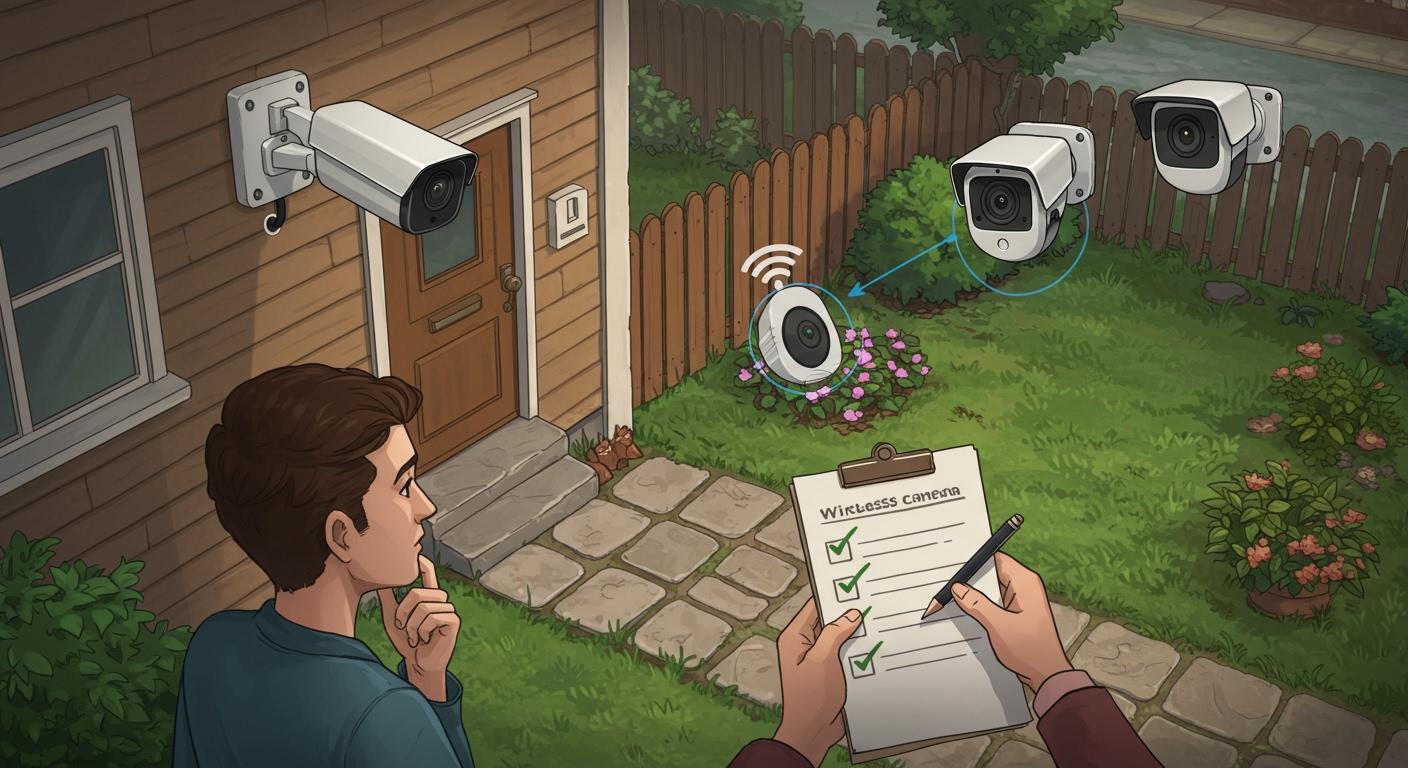
Choosing the right outdoor security cameras depends on what you need. Wired cameras are very reliable and have clear video. They are good for long-term use and steady protection. Wireless cameras are easy to set up and move around. They are great if you want to change things fast or use solar power. In 2023, wired cameras made up over 61.5% of the market. In 2024, wireless cameras reached 61% of the market. Here are the main differences:
| Factor | Wired Cameras | Wireless Cameras |
|---|---|---|
| Installation | Needs cabling | Easy, no cables |
| Reliability | Very stable | Depends on battery and signal |
| Flexibility | Fixed position | Move as needed |
| Maintenance | Can be complex | Simple, may need battery changes |
Think about your property and what you need most before you choose.
Key Takeaways
- Wired cameras give good video and strong connections. They are best for long use in places that need high security.
- Wireless cameras are easy to set up and move. They are great for people who rent or move their cameras often.
- Think about your property and what you need. Wired cameras work well in big, fixed places. Wireless cameras are better for spots that are hard to reach.
- Look at the costs before you choose. Wired cameras can cost more to install at first. But they can save money on storage over time.
- Always check how reliable your camera is. Wired cameras work all the time. Wireless cameras need Wi-Fi and battery power to work.
Wired Outdoor Security Cameras
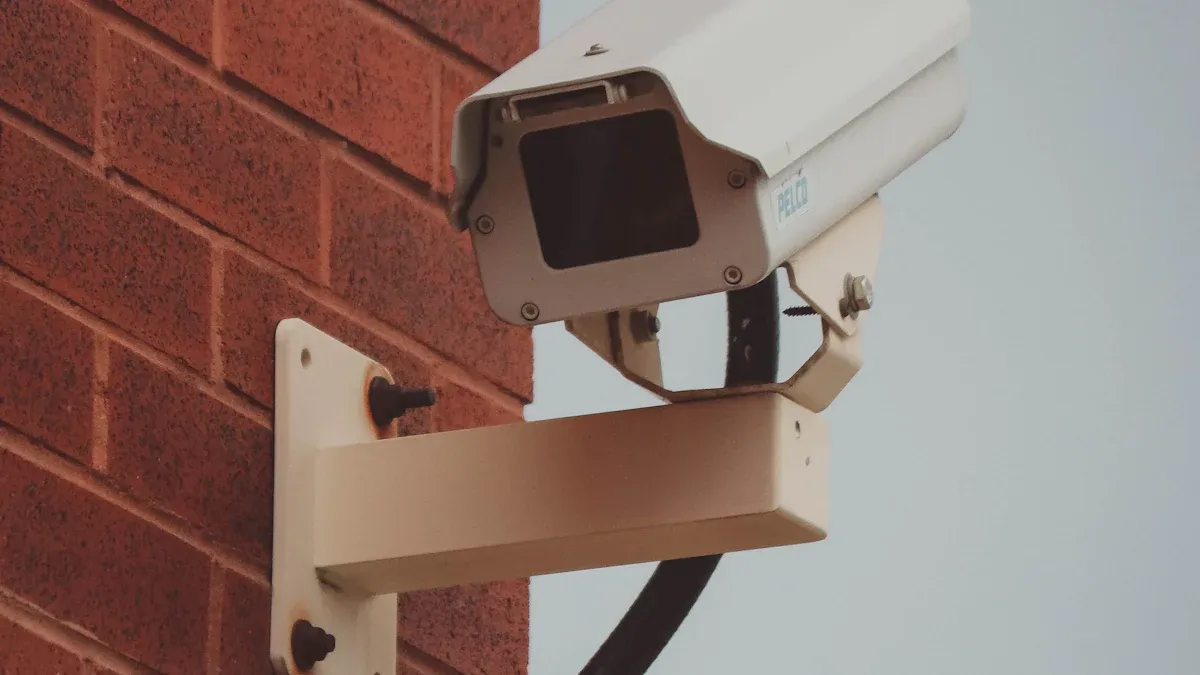
Pros
Wired security cameras help you feel safe. They use steady power and a strong internet link. This means your cameras almost never lose power or signal. You can trust them to work all day and night, even in bad weather.
Here’s a simple chart that shows how wired and wireless cameras compare for connection strength:
| Camera Type | Pros | Cons |
|---|---|---|
| Wired | Steady power and internet connections | |
| Wireless | More likely to use Wi-Fi, which can be unstable; Poor Wi-Fi connections lower video quality. |
Wired security cameras give you very clear video. Many can show up to 4K resolution, so you see small details. Night vision is another good thing. Wired cameras usually work better at night or in low light because they have steady power and data. This helps you see important things, even when it is dark.
Here are some top reasons experts like wired security cameras:
| Advantages of Wired Outdoor Security Cameras |
|---|
| Up to 4K resolution |
| AI-driven detections |
| Reliable connectivity |
| Local storage options |
| True Detect Heat and Motion Sensing |
| Free Local Storage |
| Easy Setup Options |
You do not need to pay monthly fees. Many wired security cameras let you save videos on the camera, so you keep your recordings safe without paying extra. This helps you save money over time.
Tip: If you want the best video quality and do not want to use Wi-Fi, traditional wired security cameras are a smart pick.
Cons
Wired security cameras have some problems. The biggest one is setting them up. You often need to run cables through walls or ceilings. This takes time and may need a pro. Most people pay between $80 and $200 for each camera to be installed. If you have a big place or want lots of cameras, the total price can reach $8,000.
Here are some common problems:
- Setting up can be hard and may need a pro.
- Once you put them in, moving them is tough.
- If the power goes out and you have no backup, your cameras stop.
- Cables can get ruined by weather, animals, or people.
Traditional wired security cameras are best if you want them to stay in one place. If you think you will move your cameras a lot, these may not be right for you.
When to Choose Wired
Pick wired security cameras if you want the most steady protection. They are great for places that need a strong connection and power, like businesses, offices, or high-security spots. If you have a big property or live where the weather is rough, wired cameras help you feel safe.
Here are some times when wired outdoor security cameras are best:
- You need a steady connection for your security system.
- You want the best video quality, even at night.
- You plan to keep your cameras in one spot for a long time.
- Your property is big or has many doors.
- You want to save money by using local storage.
Note: Wired security cameras are very good for stores, big homes, and places where you cannot risk losing your security feed.
If you want a system that works all the time and gives you clear, high-quality video, traditional wired security cameras are a great choice.
Wireless Outdoor Security Cameras

Pros
Wireless security cameras make life easier for you. You can set them up in less than 20 minutes. You do not need to drill holes or run wires through your walls. If you rent your home or plan to move soon, these cameras are perfect. You can take them down and put them up somewhere else without leaving marks.
Here are some reasons why you might love wireless security cameras:
- You can install them quickly, often in under 20 minutes.
- They do not damage your property. Many models use adhesive mounts or stand on their own.
- You can move them to new spots whenever you want.
- They work well for renters or anyone who needs a temporary setup.
- They connect with smart home devices, so you can check your cameras from your phone or tablet.
- You get extra features like AI-powered detection, which tells you if a person, car, or animal is nearby.
- Some models use solar panels and big batteries. This means you do not have to worry about charging them all the time. For example, some wire-free security cameras use a 20W solar panel and a battery that can last for weeks. These cameras keep recording, even at night or when the weather is bad.
- You can use them in places with no power, like barns, garages, or remote sheds.
Tip: If you want to watch your property from far away, wireless security cameras let you check in anytime with an app.
Here is a quick look at how long the batteries last on popular wireless security cameras:
| Brand | Battery Life |
|---|---|
| Arlo Pro 4 | 12-14 days |
| Zeeporte | 15-21 days |
| Ring Stick Up | 17-20 days |
| Google Nest | 18-21 days |
| Reolink Argus | 26-28 days |
| EufyCam E40 | 39 days |
| Blink Outdoor | Up to 2 years |
Some brands, like Blink Outdoor, can last up to two years without a battery change. Others need charging every few weeks or months. If you add a solar panel, you may never have to worry about the battery at all.
Cons
Wireless security cameras do have some downsides. You need to think about the signal and battery. Sometimes, the camera can lose its connection, even if your internet is fast. If you put the camera too far from your Wi-Fi or base station, it might go offline. Bad weather or power outages can also cause problems.
Here are some common issues you might face:
- Cameras can go offline if the Wi-Fi signal is weak, even with fast internet.
- Other devices, like microwaves or phones, can mess with the signal.
- Internet service problems or router issues can make cameras stop working.
- You may need to recharge or replace the battery, unless you use a solar panel.
- Some cameras charge monthly fees for cloud storage or extra features.
Note: If you want the most stable connection, you may want to look at wired cameras instead.
When to Choose Wireless
You should pick wireless security cameras if you want something simple and flexible. These cameras work best when you need to move them around or do not want to drill holes. They are great for renters, people who move often, or anyone who wants to try out different camera spots.
Here are some times when wireless security cameras are the best choice:
- You live in a rental or plan to move soon.
- You want to avoid drilling or damaging your property.
- You need to watch a remote place, like a barn or garage, where there is no power.
- You want to set up your cameras fast, without hiring a pro.
- You want to use solar power for eco-friendly operation.
- You want to connect your cameras to your phone or smart home system.
- You need to watch entrances, exits, or other important spots on your property.
Wire-free security cameras help you protect places that are hard to reach. You can use them for temporary setups, like watching a new house or a construction site. Security experts often recommend wire-free security cameras for remote areas or places where you cannot run wires.
Remember: Wireless security cameras give you the freedom to protect your home or business your way. You can move them, power them with the sun, and check in from anywhere.
Decision Guide
Picking the right outdoor security cameras can be confusing. Let’s make it simple so you can choose what works best for you.
Installation
You want your security system to be easy to put in. Wired outdoor security cameras need cables. You have to run them through walls or even underground. This takes a lot of time and can cost more money. You must put them near power outlets. Wireless outdoor security cameras are much easier. You just put them up, connect to wifi, and they work. If your yard is big, running wires everywhere is hard. Wireless cameras let you skip the wires and use wifi for fast setup.
Tip: If you move a lot or rent, wireless cameras help you avoid drilling and wires.
Here’s a quick look at what makes installation hard:
| Type of Camera | Installation Challenges |
|---|---|
| Wired | Hard setup, running cables, not many places to put them |
| Wireless | Signal problems, wifi range, changing batteries |
Reliability
You want your cameras to work all the time. Wired cameras are very reliable because they do not use wifi. You get a steady video feed for your security system. Wireless cameras use wifi and batteries. If your wifi stops or the battery dies, your cameras might not work. Weather can also cause problems. Cold or wet weather can drain batteries or hurt cameras. Always check if your outdoor security cameras can handle bad weather.
Note: Wired cameras are best if you need your cameras to work all the time and do not want to worry about wifi.
Cost
Think about how much you want to spend. Wired cameras cost more to put in because you need to pay for work and supplies. You might need to hire someone to help. Wireless cameras are cheaper to set up. You can do it yourself and use wifi. Some wireless cameras need new batteries or solar panels, which can cost more later. Wired cameras often let you save videos on the camera, so you do not pay every month. Wireless cameras may charge you for cloud storage or extra features.
Property Type
The size and shape of your property matter. If you have a big house or business, running wires everywhere is hard. Wireless outdoor security cameras are good for big places because you can put them anywhere with wifi. If you have hard-to-reach spots, like barns or sheds, wireless cameras are easier to use. Wired cameras are better for places where you want them to stay and work all the time.
Here’s a checklist to help you pick:
- Do you want easy setup with wifi?
- Is it important that your cameras always work?
- Are you okay paying more at first for wired cameras?
- Does your property have places that are hard to reach with wires?
- Do you want to skip monthly fees for your security system?
Think about what is most important for your security. Your choice depends on what you need, your property, and your budget.
When you pick outdoor cameras, think about what matters most to you. Wired cameras give you steady security and clear video. Wireless cameras let you move them and set them up fast. Here are some things to consider:
- Wired cameras offer stable connections and less maintenance.
- Wireless cameras are easy to install and move. List your needs and use the decision guide above. The best camera is the one that fits your life.
FAQ
How do I know if I need wired or wireless cameras?
Think about your home and what you want. If you want easy setup and moving cameras, go wireless. If you want steady video and don’t plan to move them, wired cameras work best.
Can I use outdoor cameras inside my house?
Yes, you can use outdoor cameras inside. They work well in both places. Outdoor cameras handle weather, so they last a long time indoors too.
Do I need Wi-Fi for wireless outdoor cameras?
Most wireless cameras need Wi-Fi to send video to your phone. Some can record to a memory card without Wi-Fi, but you won’t get live alerts or remote viewing.
How long do batteries last in wireless cameras?
Battery life depends on the camera and how much it records. Some last weeks, others last months. If you add a solar panel, you may not need to charge them at all.
Are outdoor security cameras safe from hackers?
You can keep your security cameras safe by using strong passwords and updating the app. Always buy from trusted brands. Turn on two-factor authentication if you can.


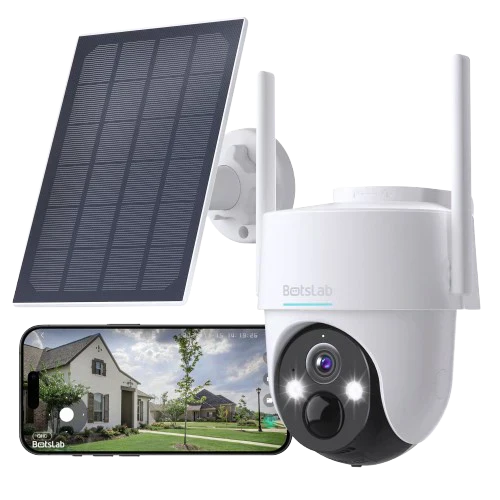
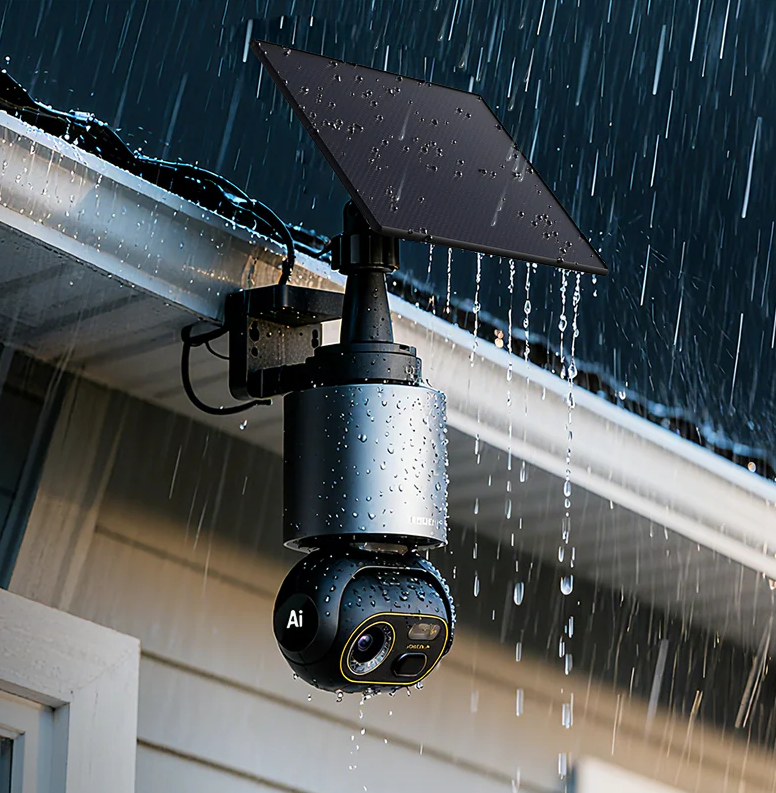
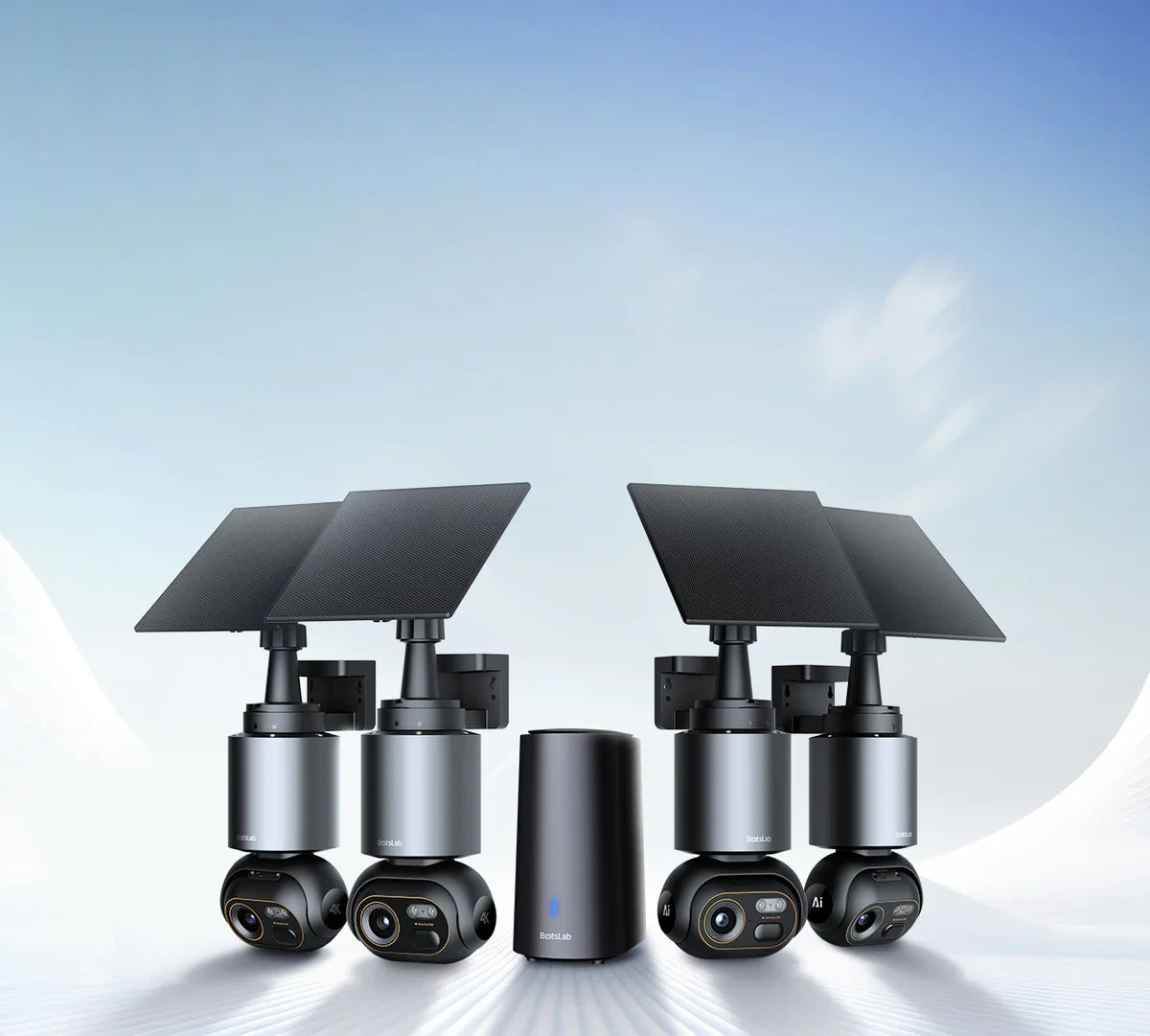
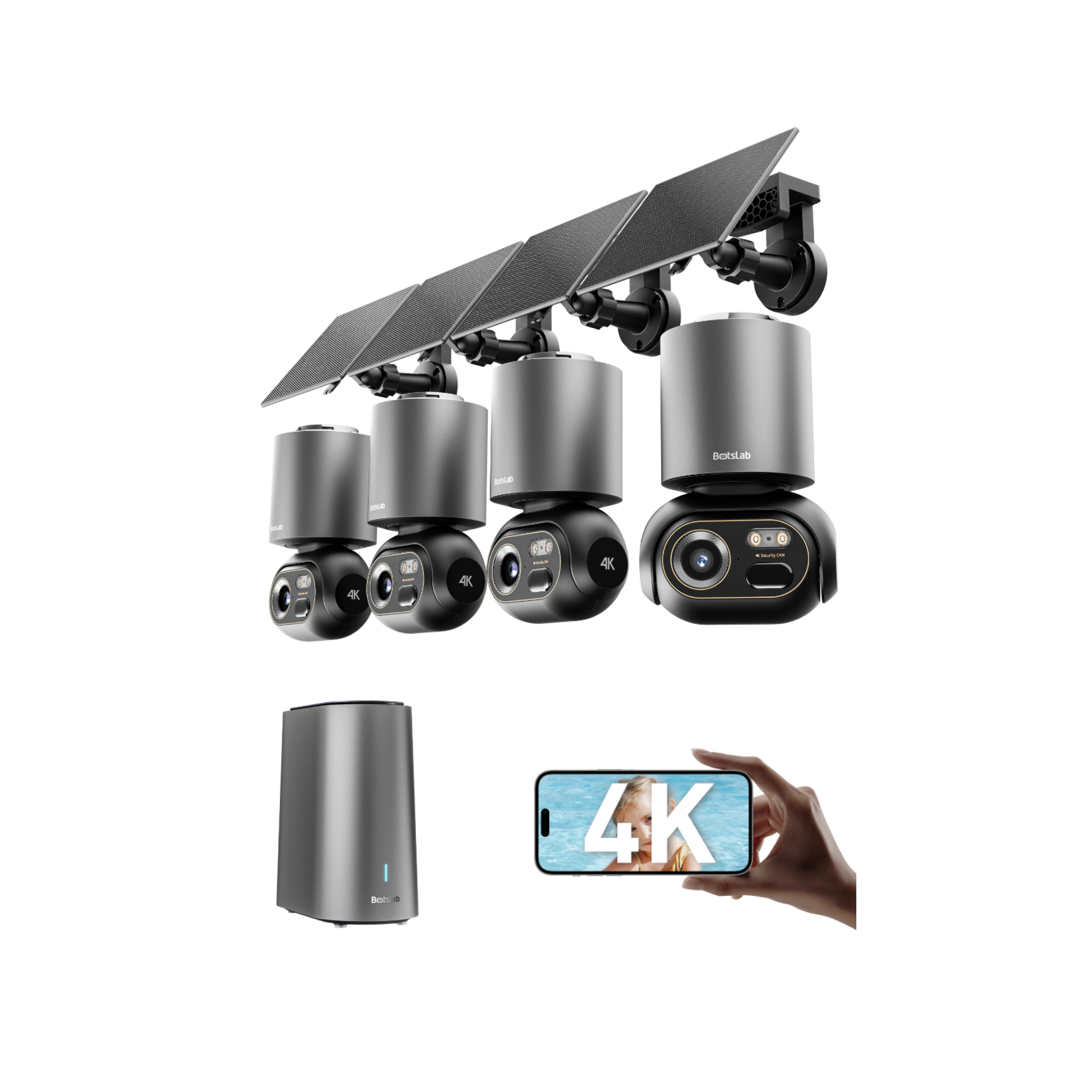
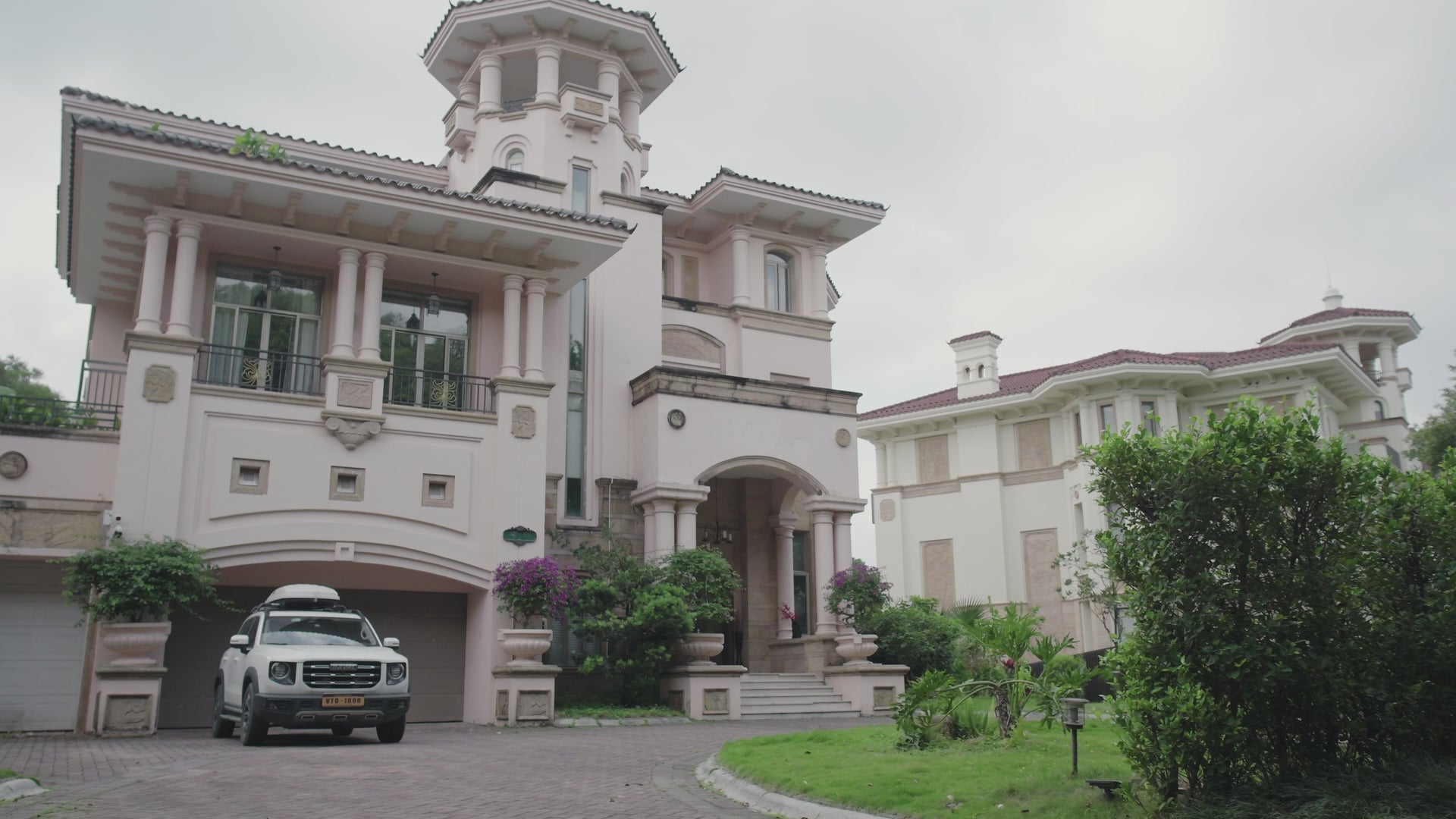
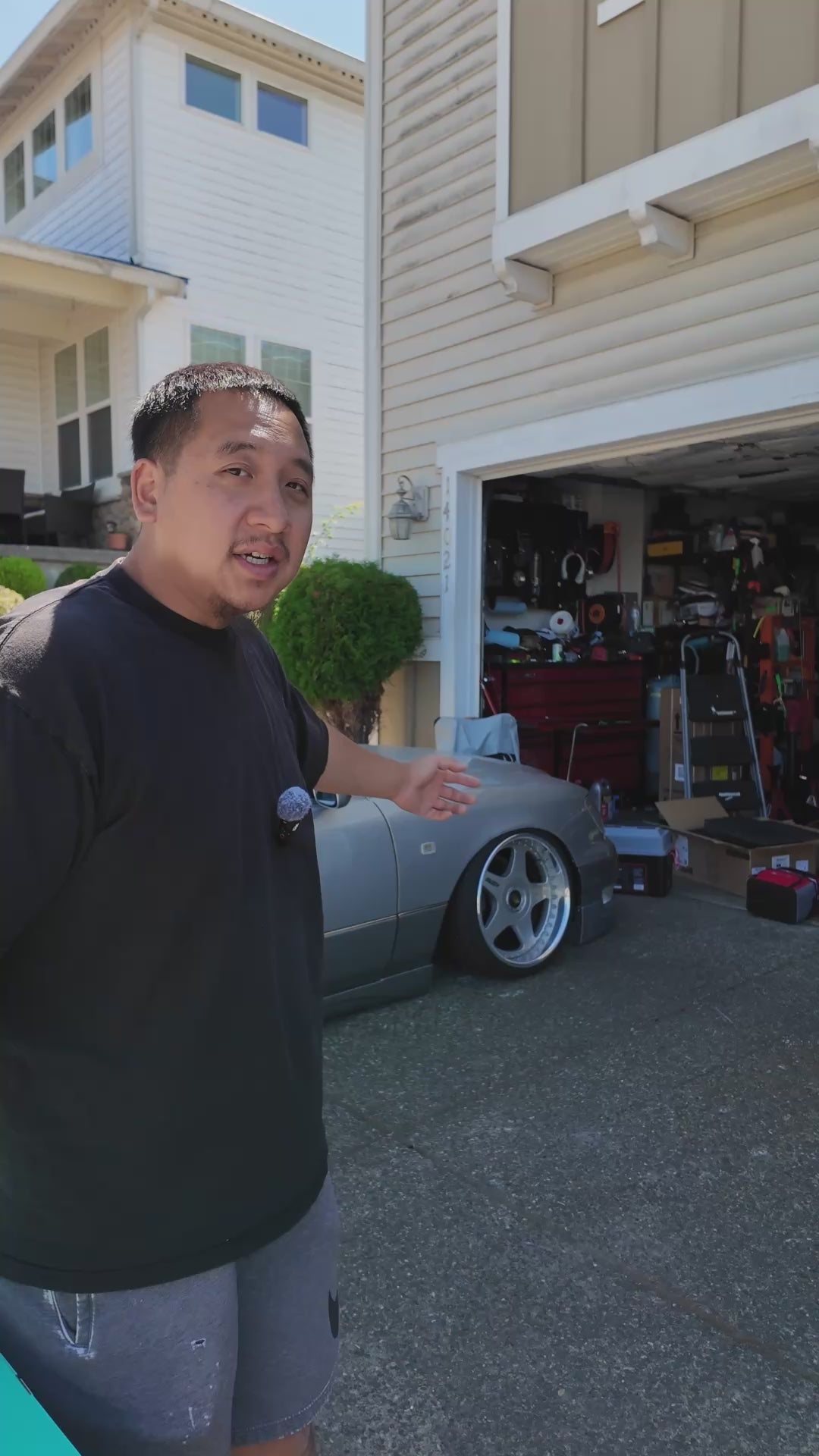
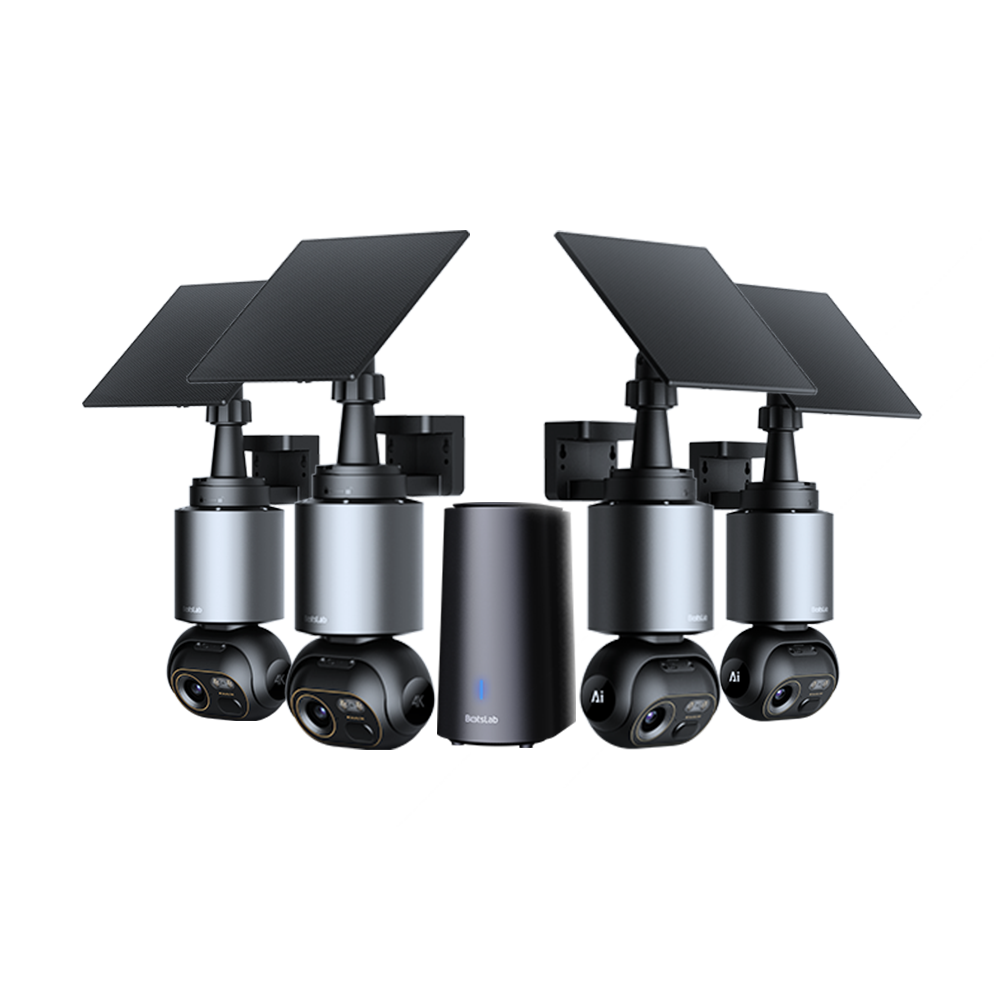




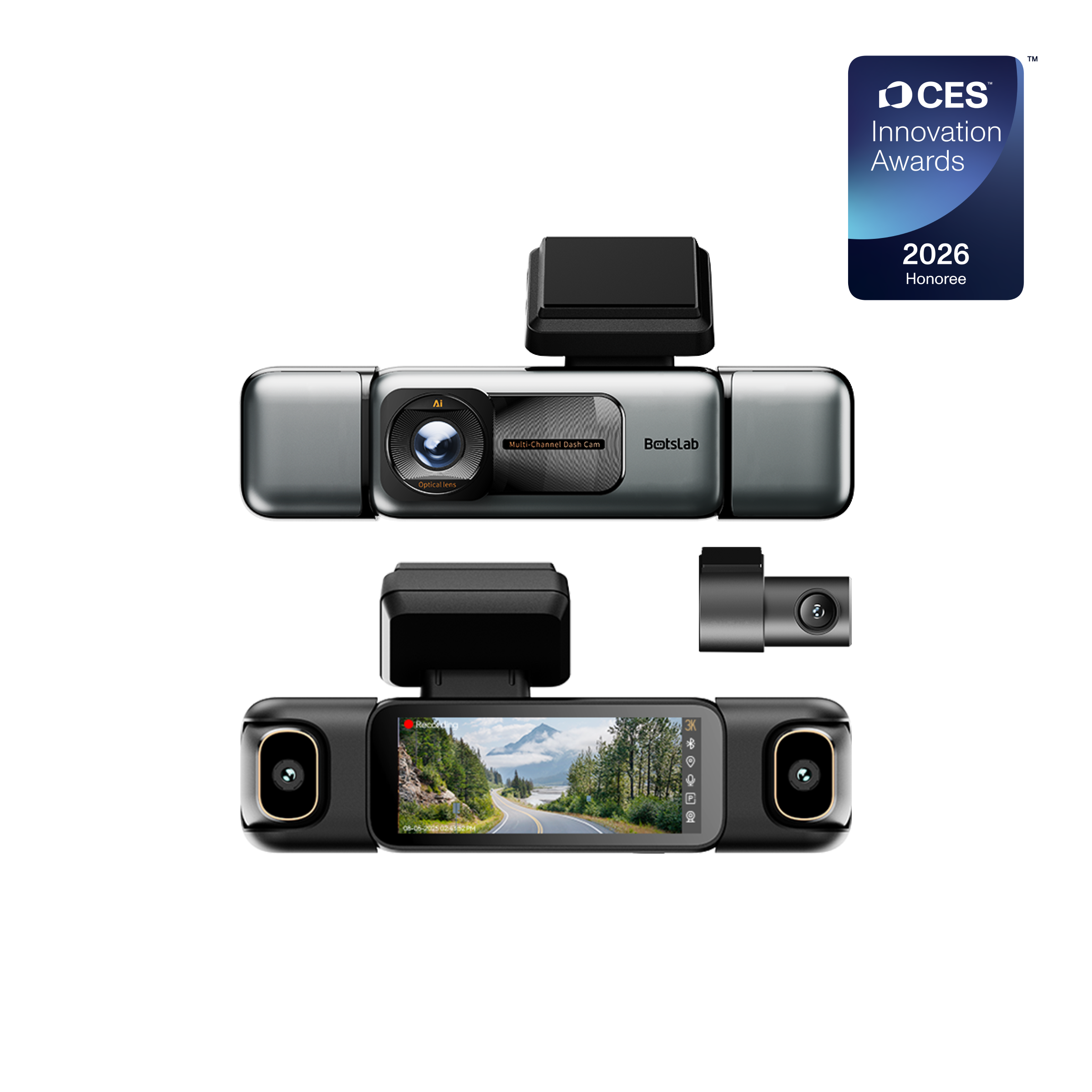
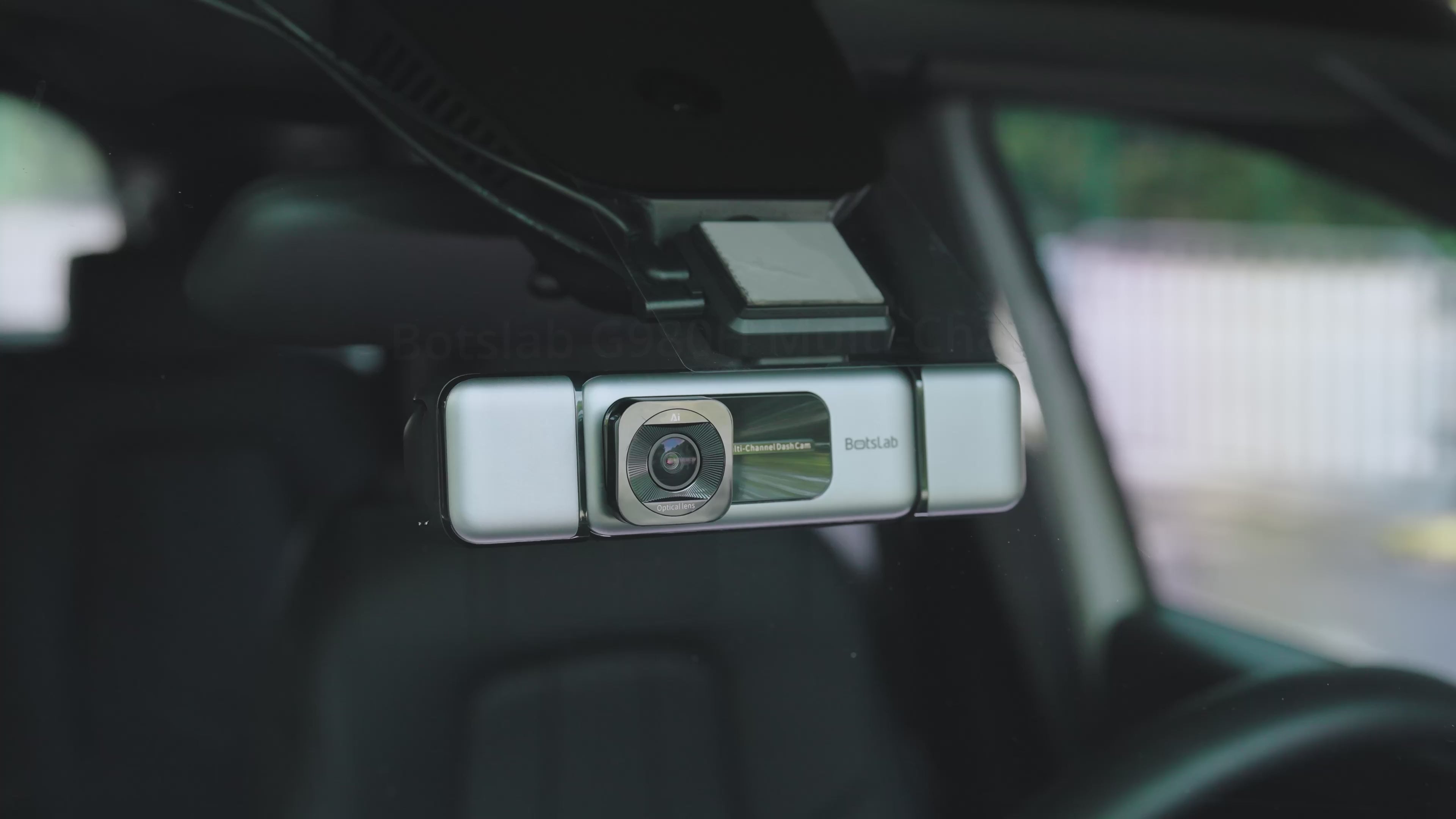
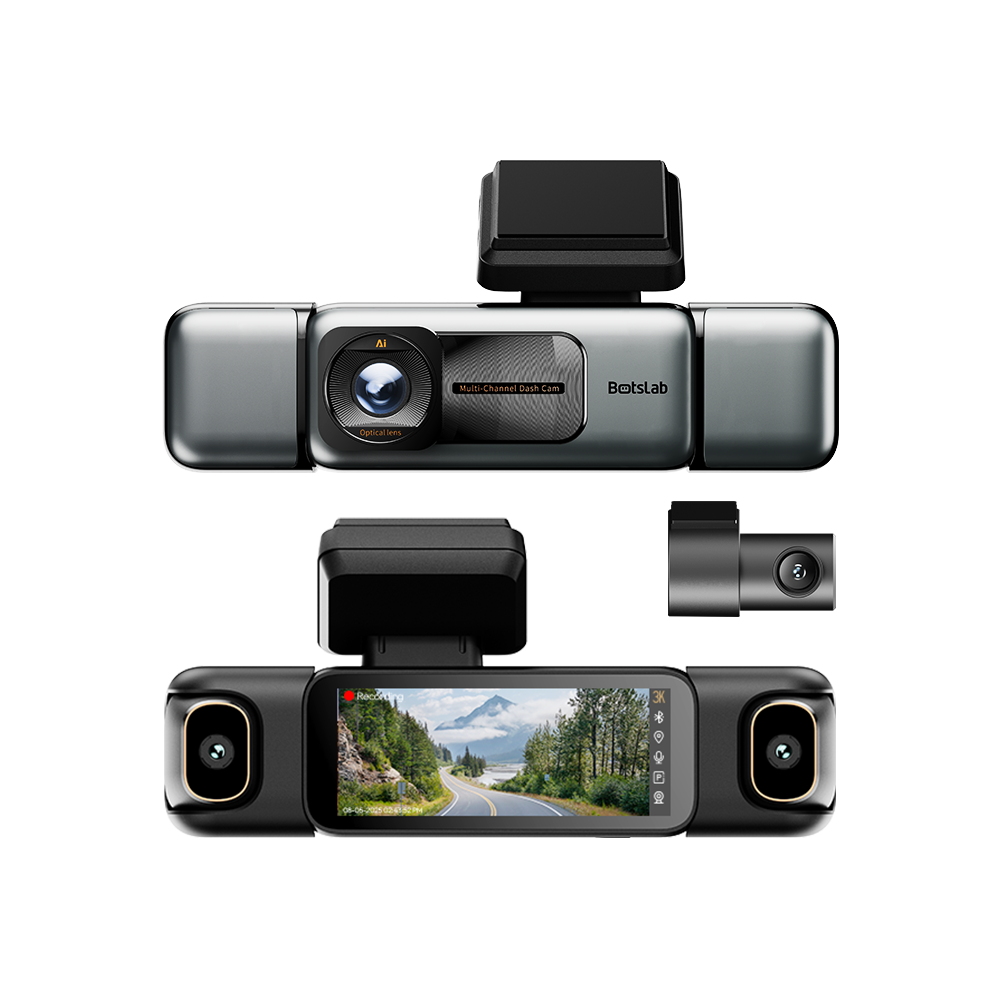
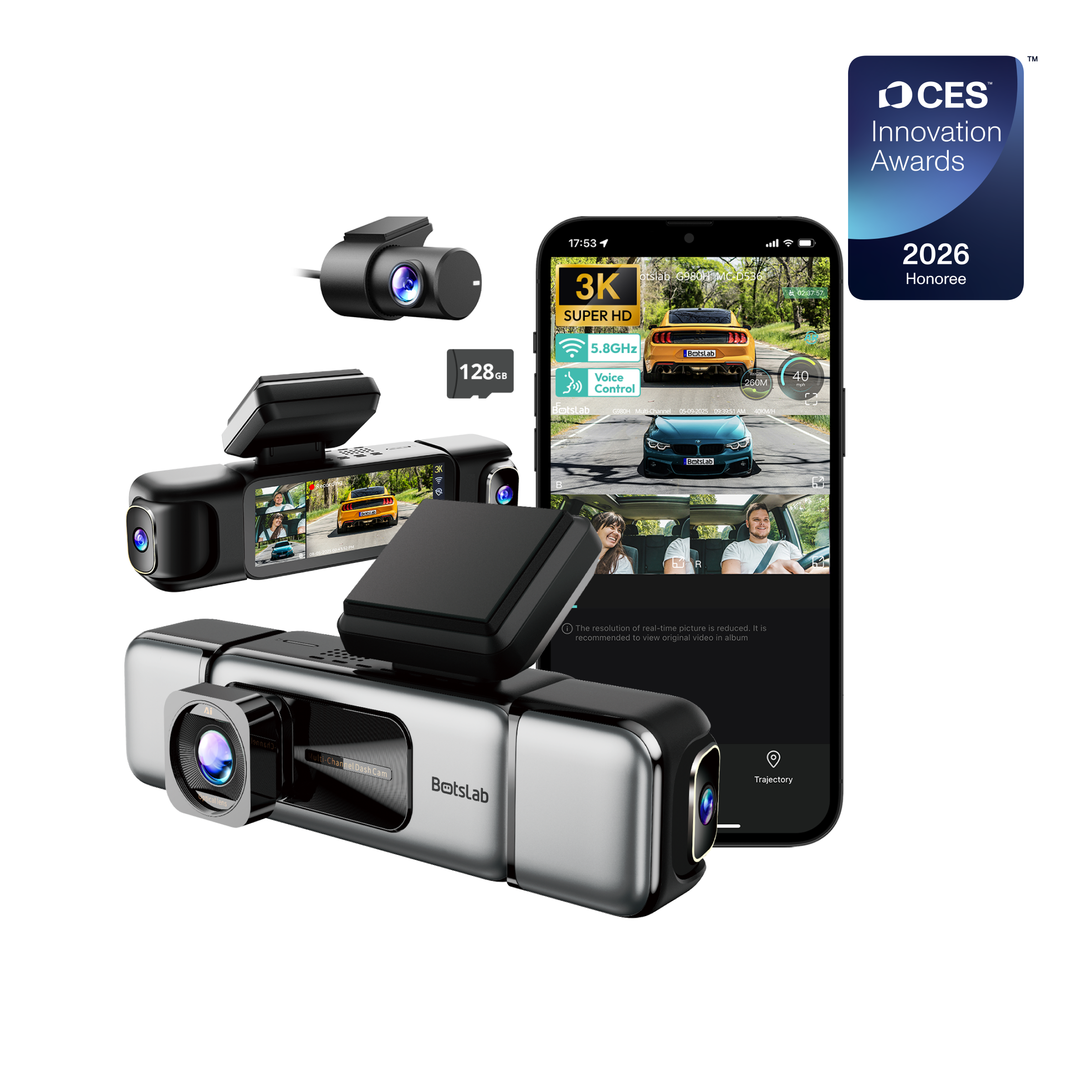



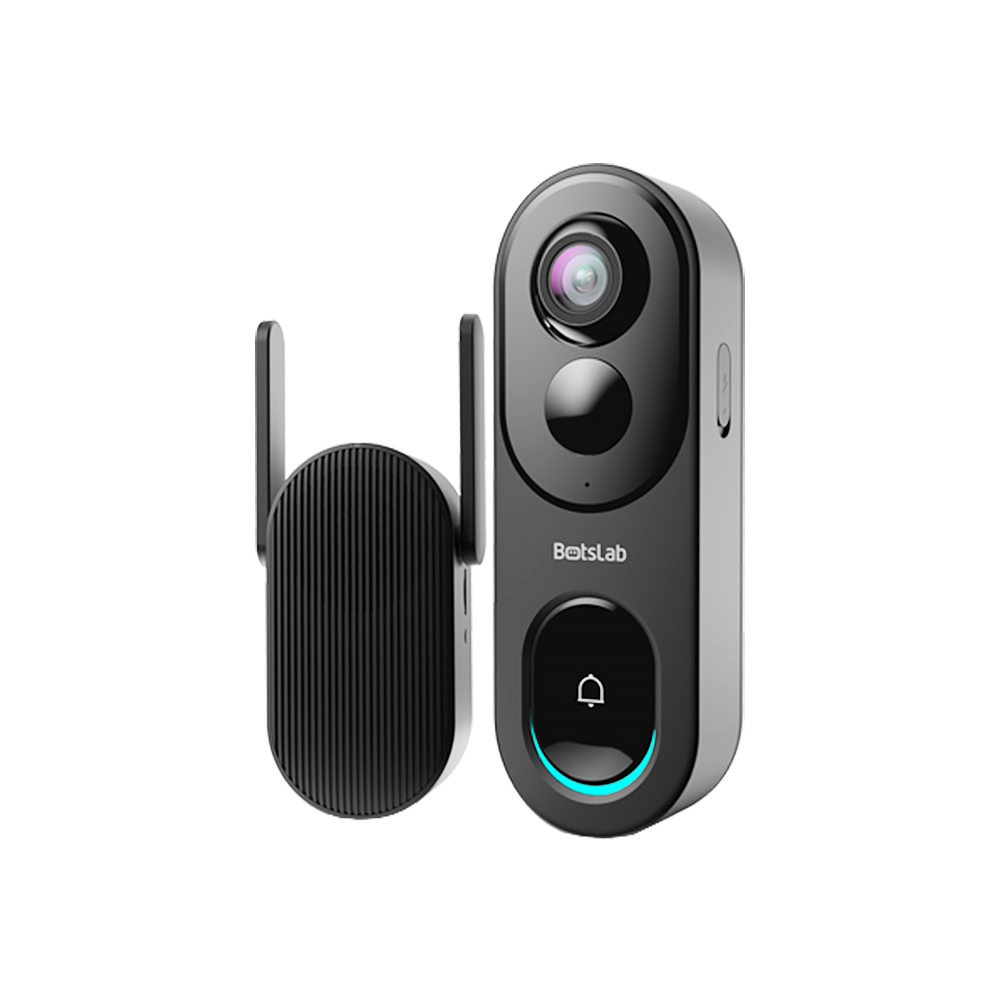
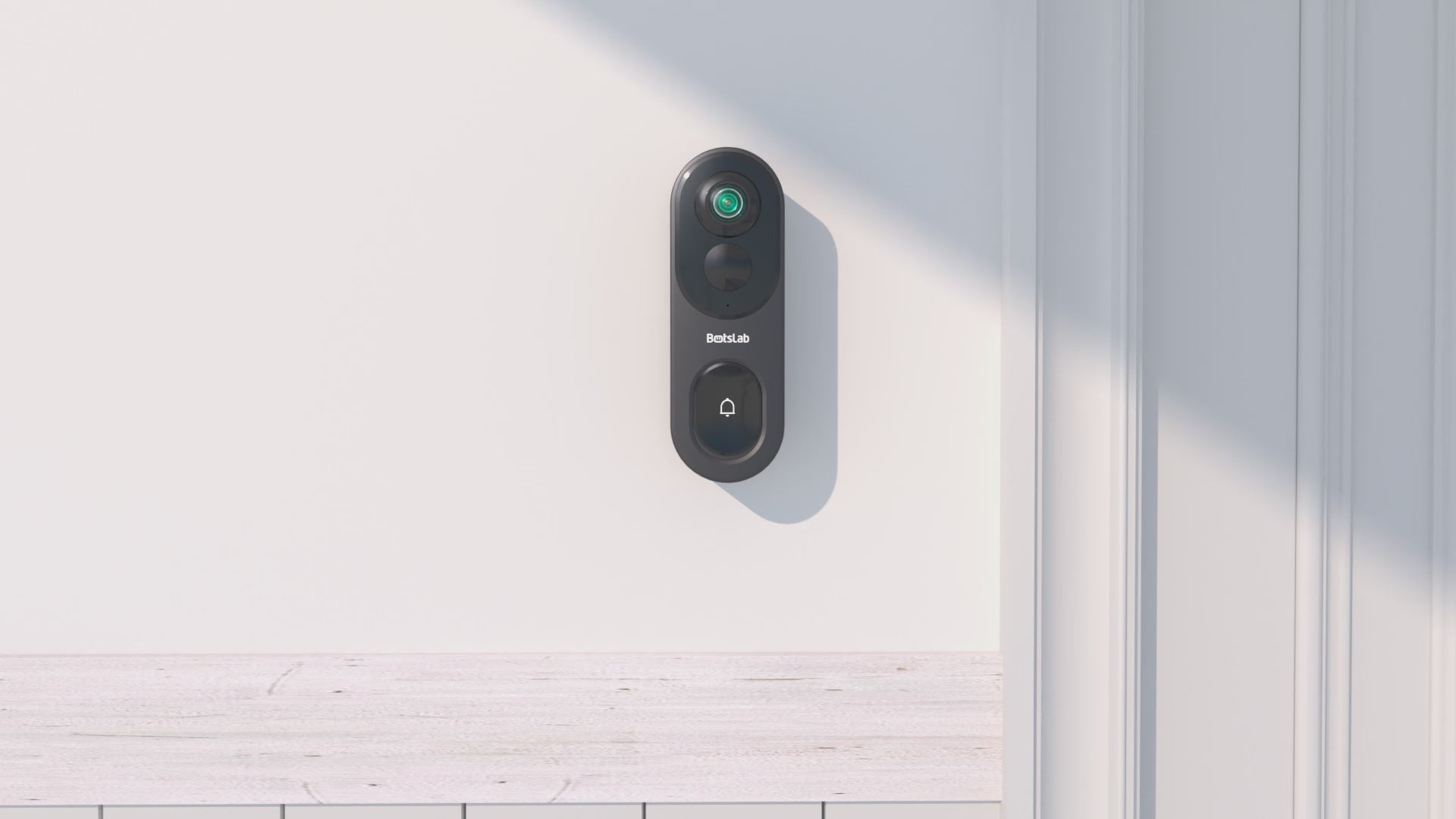
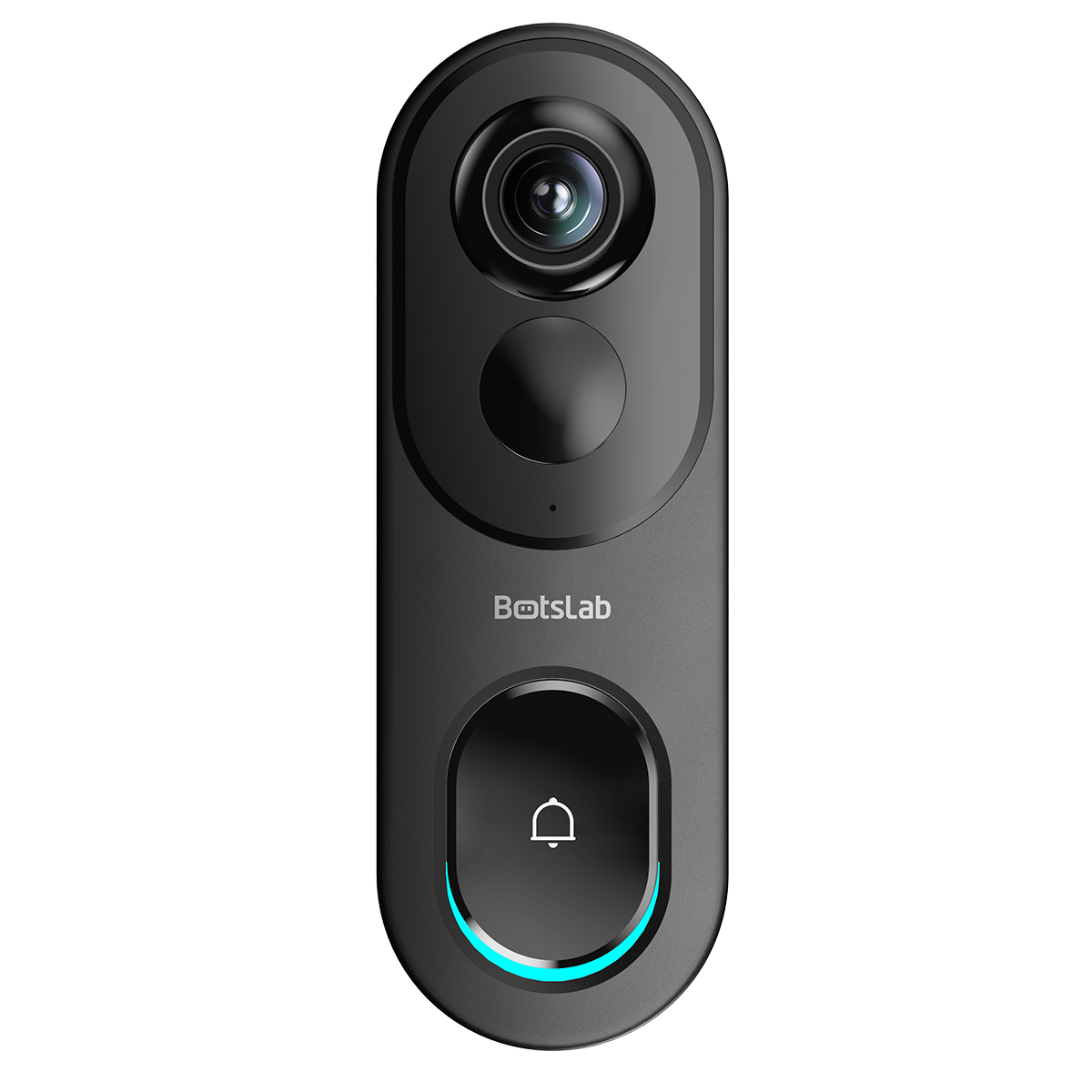



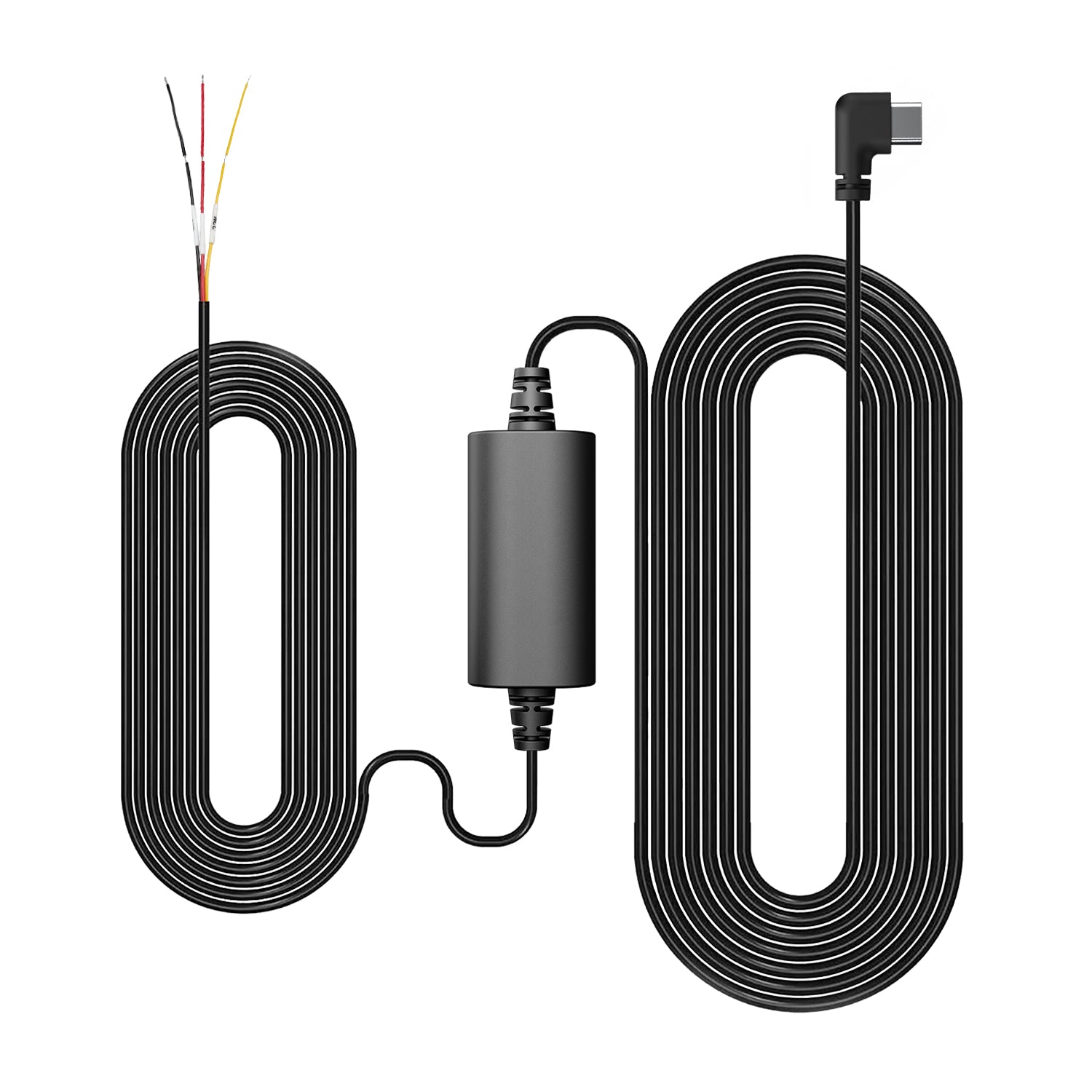
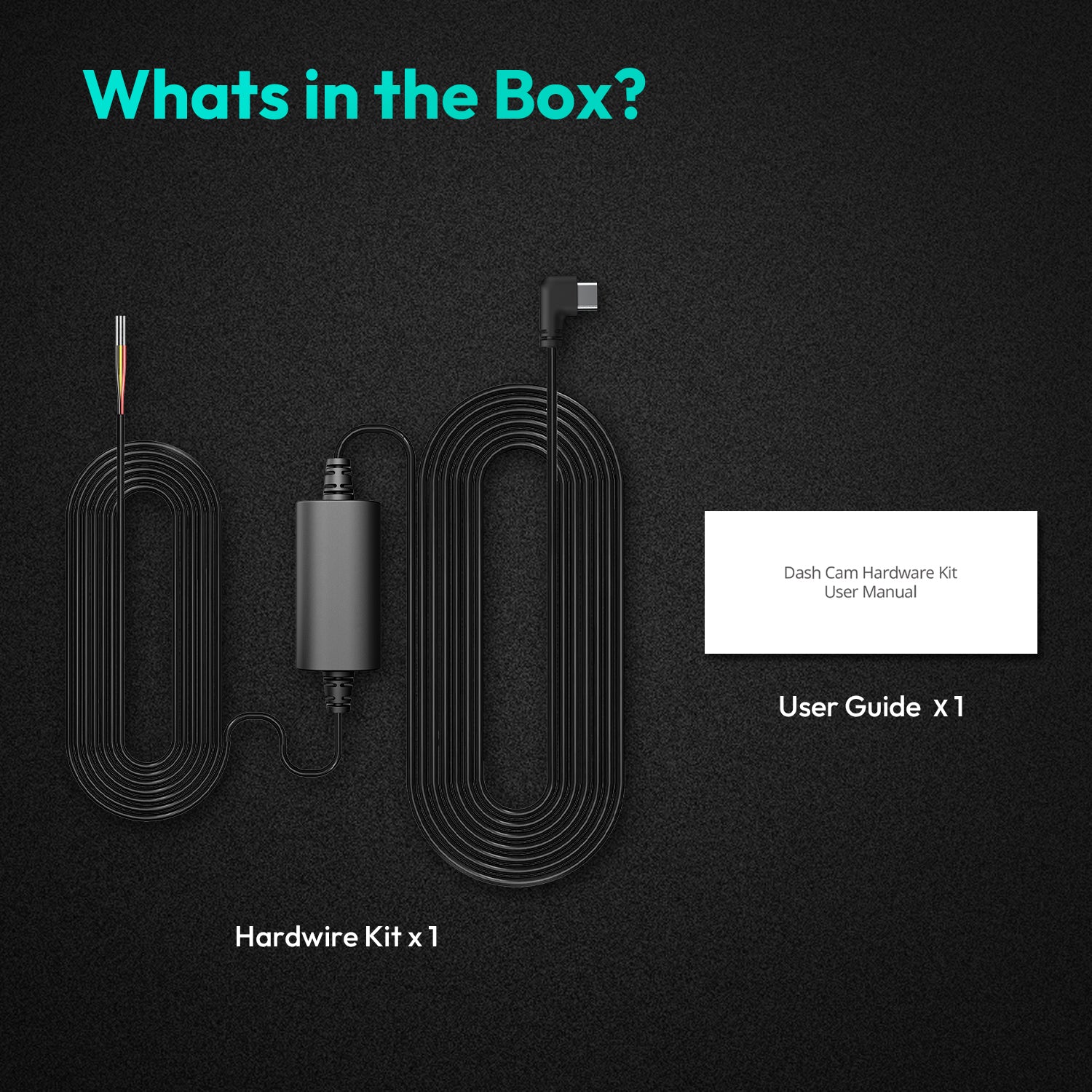
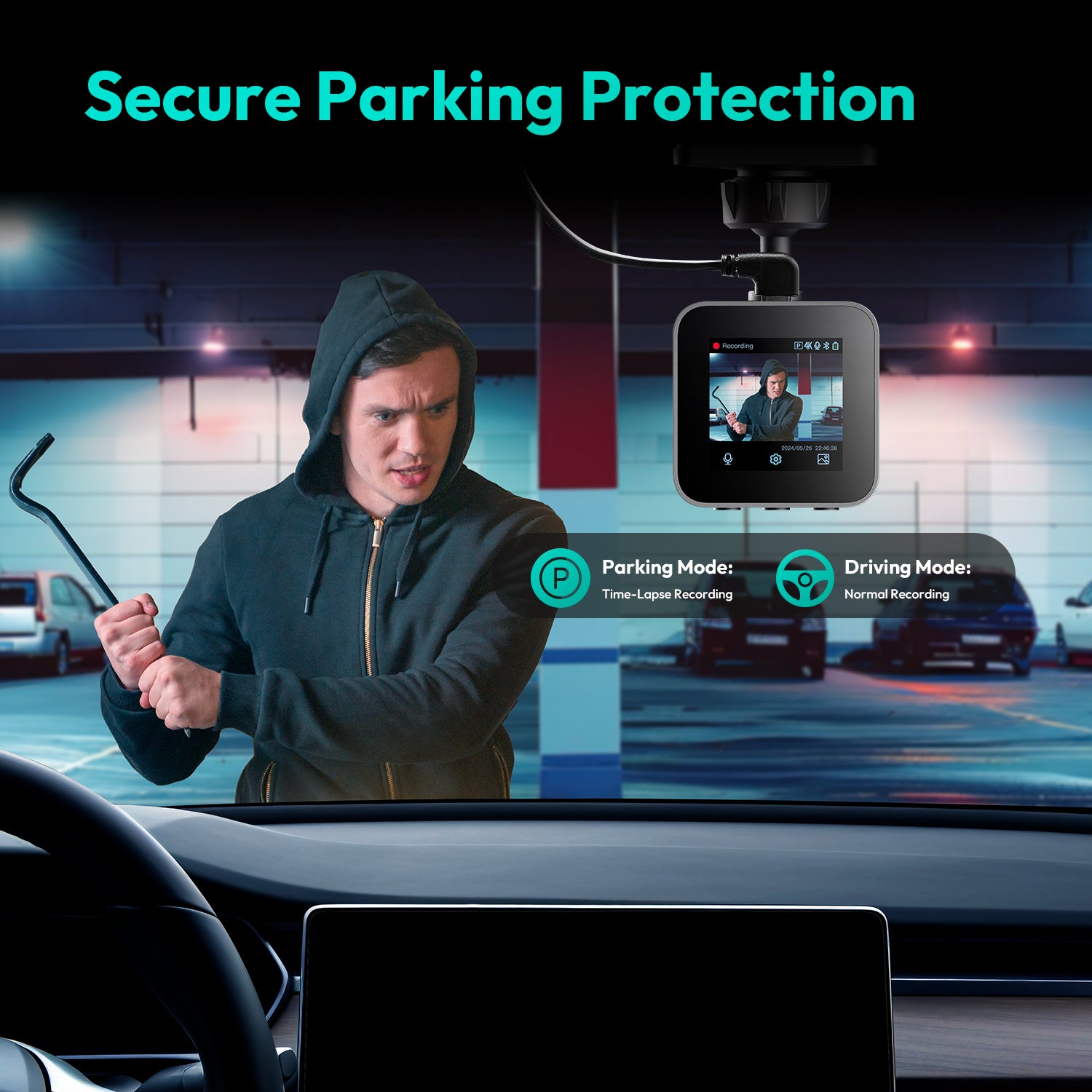
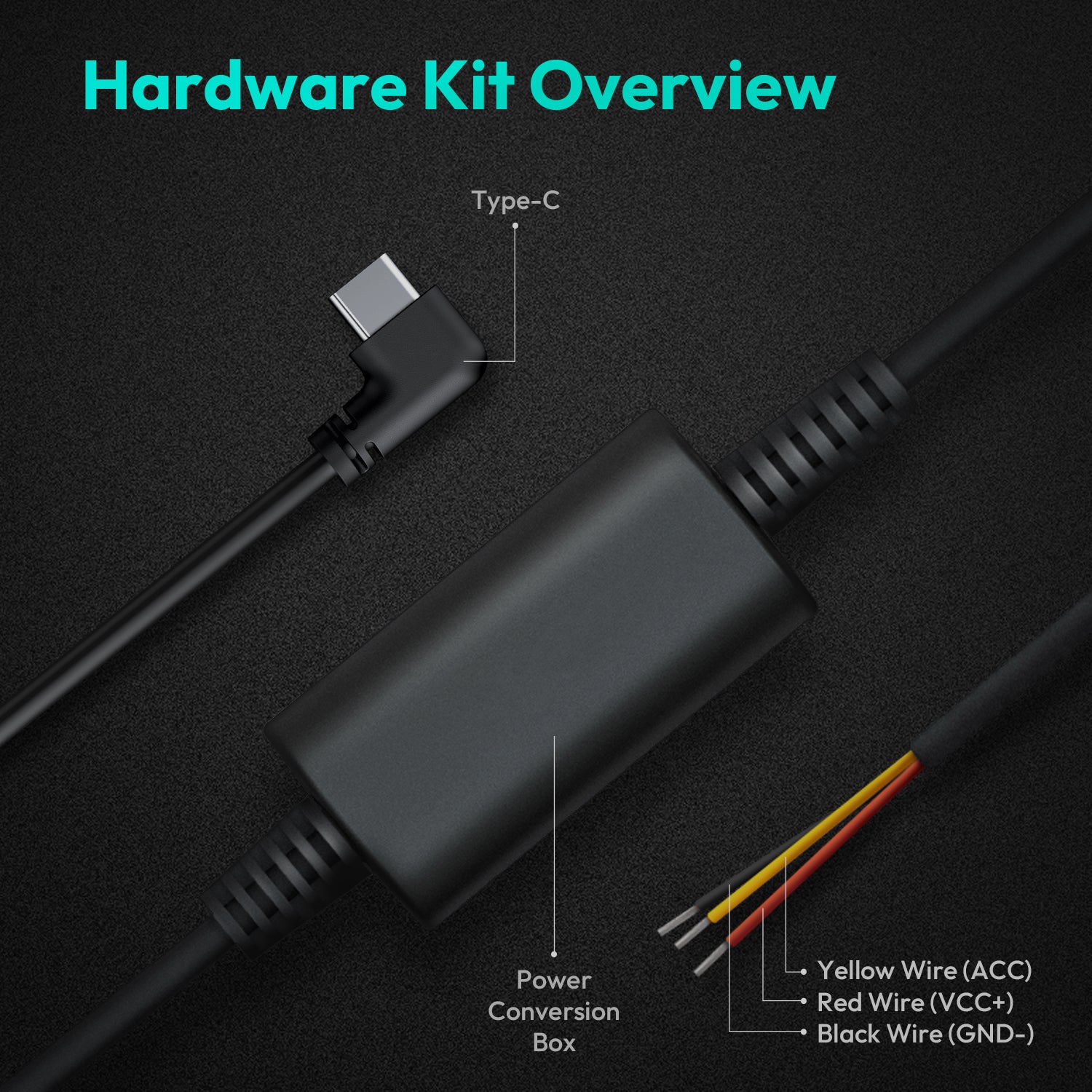
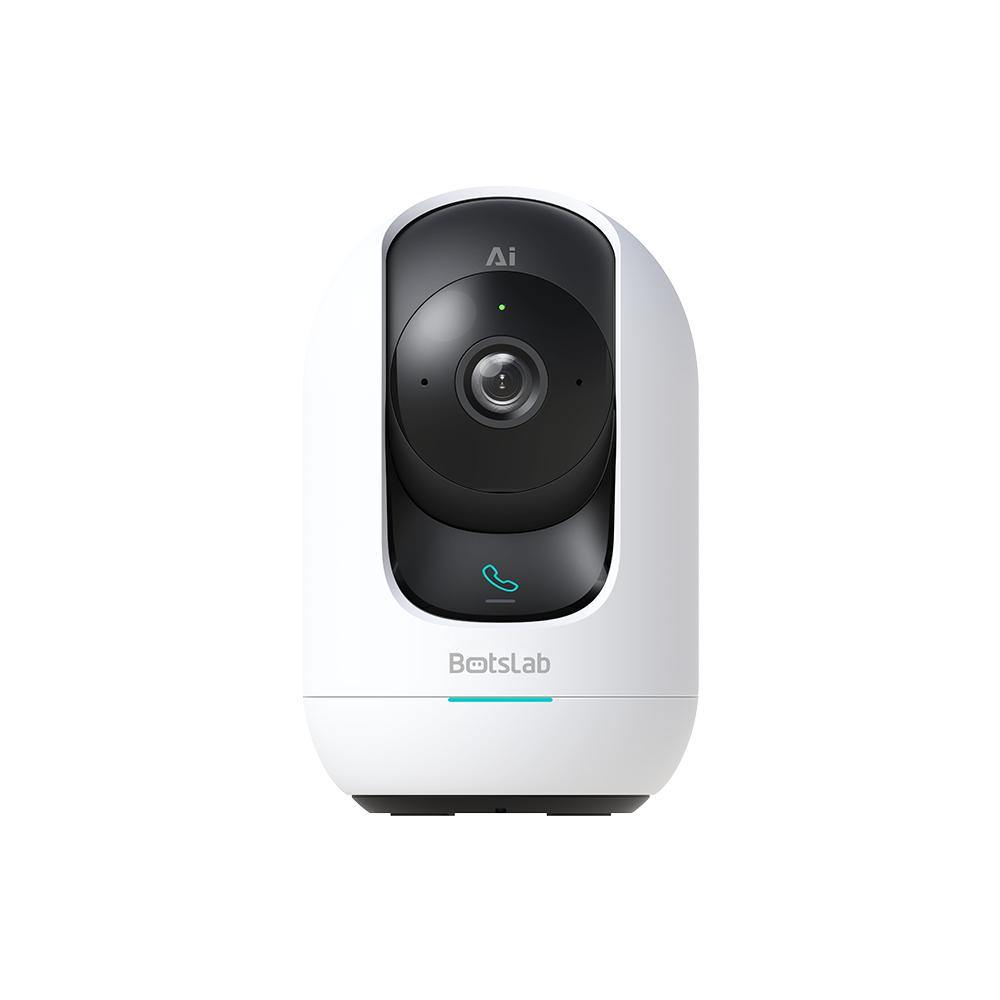


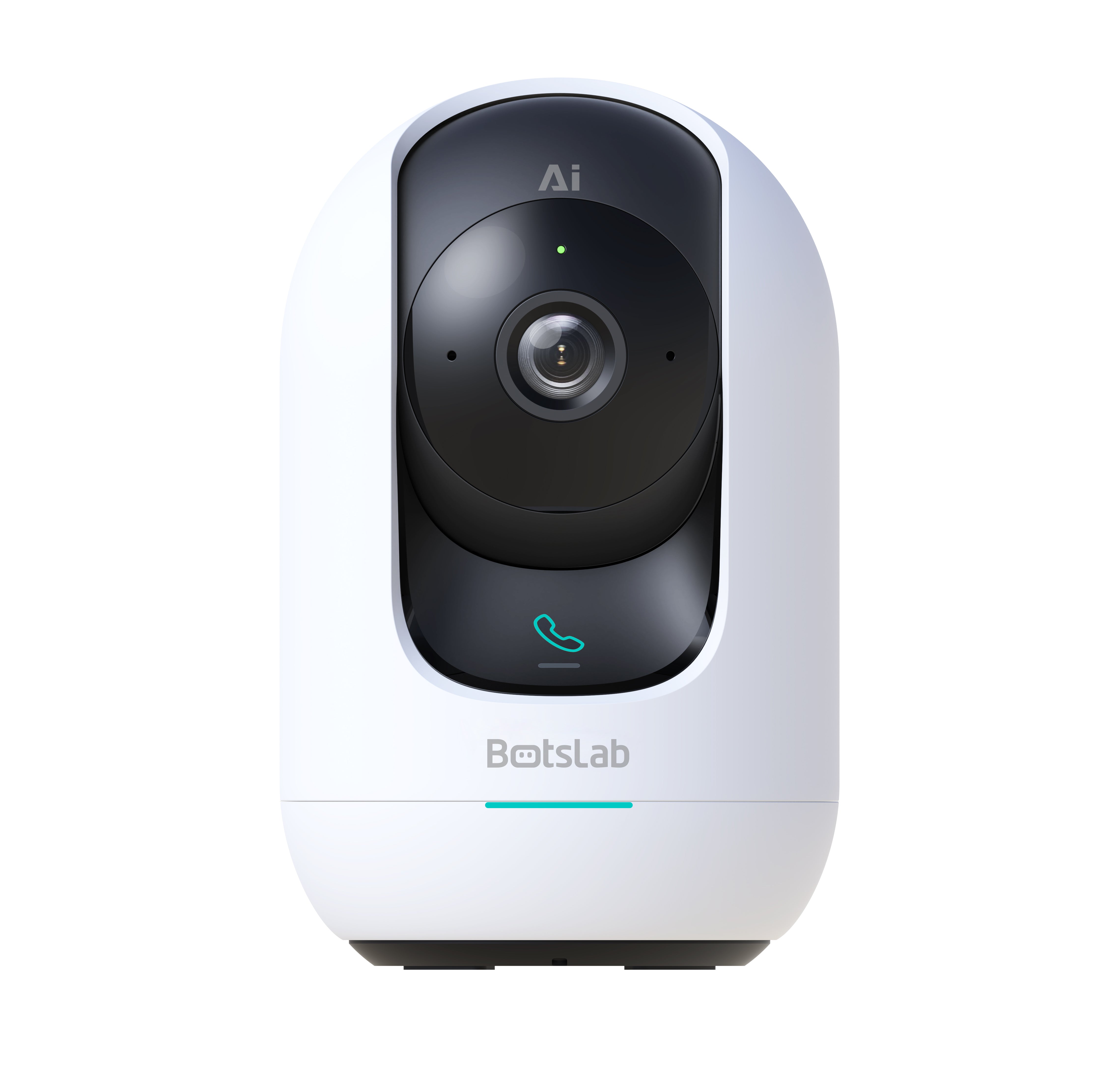

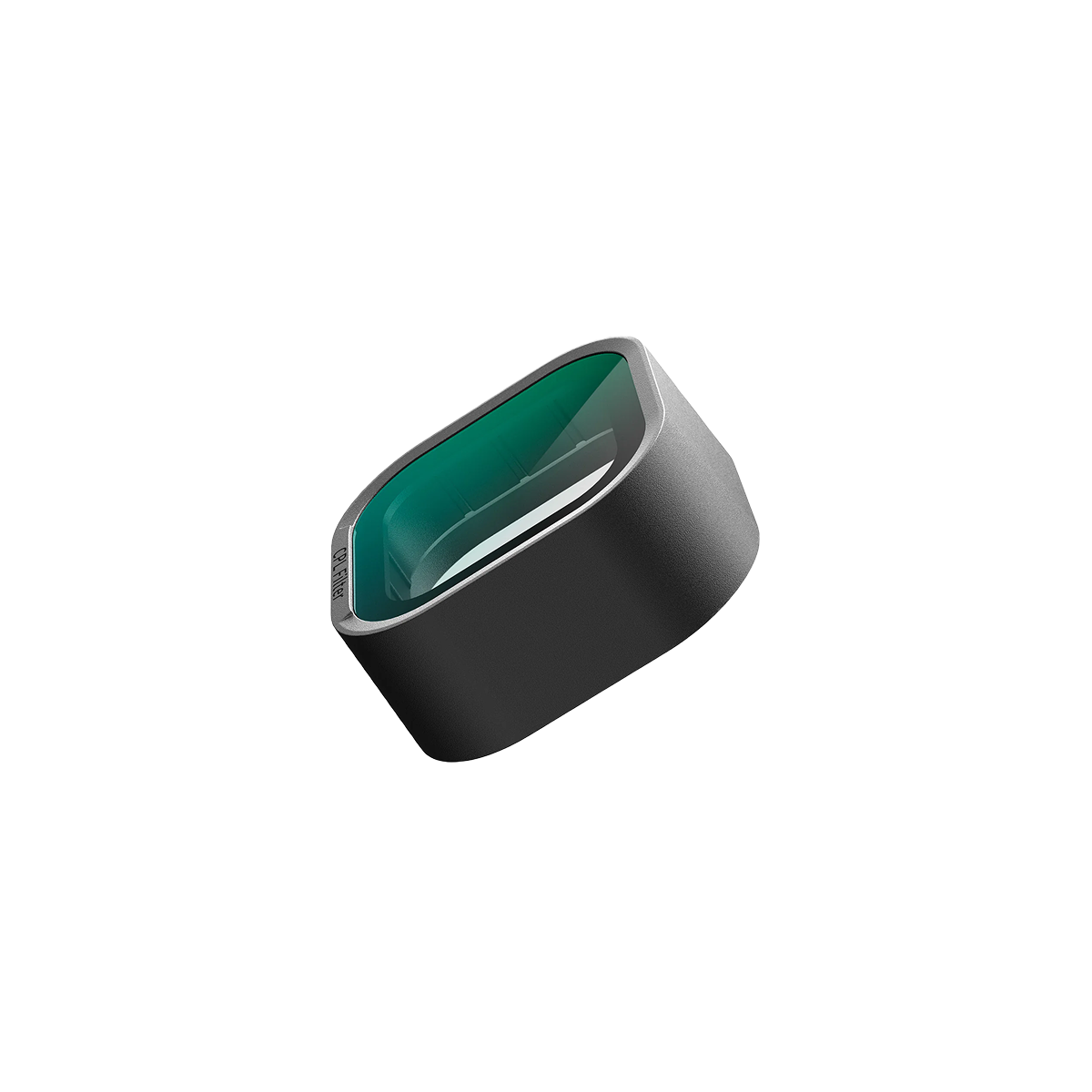


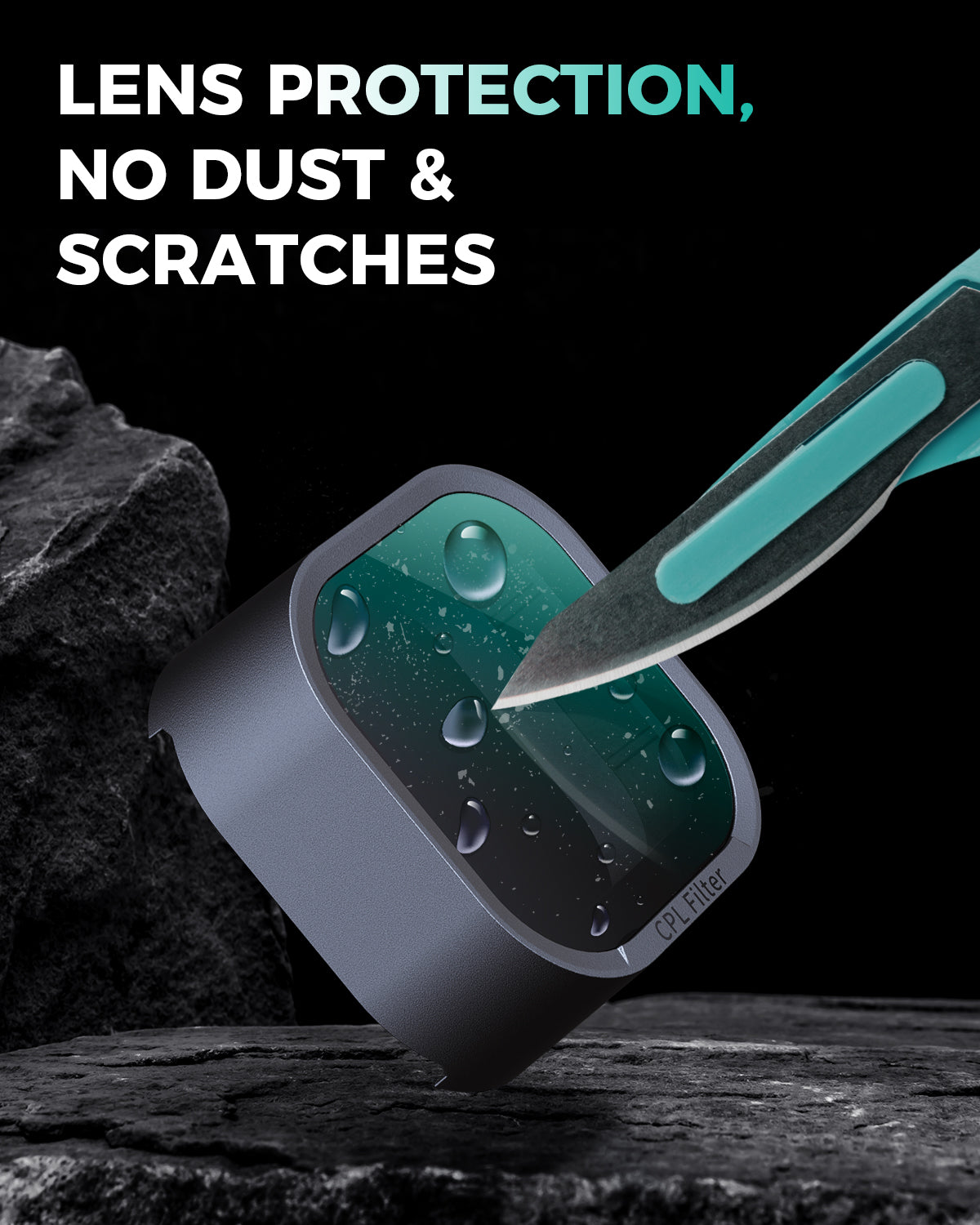
Teilen:
Reviewing the Most Popular Security Camera Brands for 2025
Expert Reviews of the Top Wireless Security Cameras for Outdoor Use